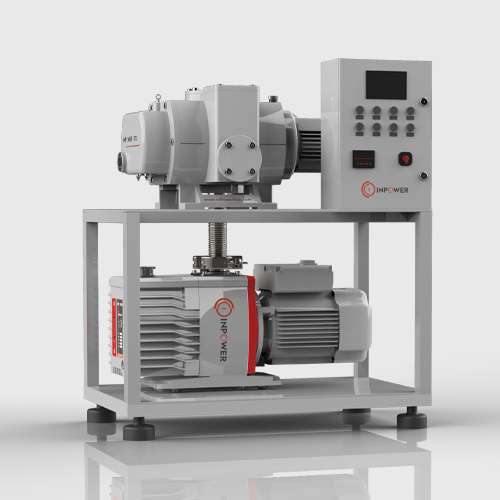Table of Contents
- Introduction
- The Role of Vacuum Pumps in Solar Energy Production
- Types of Vacuum Pumps Used in the Solar Industry
- Benefits of Using Vacuum Pumps in Solar Production
- Challenges in Implementing Vacuum Pumps
- Future Trends in Vacuum Pumps and Solar Energy
- Conclusion
- Call to Action
Introduction
The renewable revolution is transforming how we produce and consume energy. Among the most exciting advancements is the integration of vacuum pumps in the solar industry. These pumps play a crucial role in solar energy production, increasing efficiency and lowering costs.
The Role of Vacuum Pumps in Solar Energy Production
Vacuum pumps are essential in manufacturing solar panels. They remove air and other gases from the production environment, creating a vacuum. This vacuum is vital for several processes, including:
- Thin-film deposition: Ensures impurities do not impair solar cell performance.
- Encapsulation: Protects solar cells from environmental factors.
- Laminating: Binds layers of materials without bubbles.
These processes are key to creating high-efficiency solar panels.
Types of Vacuum Pumps Used in the Solar Industry
Rotary Vane Vacuum Pumps
Rotary vane vacuum pumps are one of the most commonly used types in the solar industry. They are efficient and have a long service life. They are considered ideal for thin-film deposition due to their consistent performance.
Dry Screw Vacuum Pumps
Dry screw vacuum pumps are oil-free and therefore suitable for environments that require high purity, such as the solar industry. They are known for their low maintenance and high reliability.
Turbomolecular Vacuum Pumps
Turbomolecular vacuum pumps are essential for achieving ultra-high vacuum levels. These pumps are crucial for processes that demand extreme cleanliness and precision, such as the production of semiconductor-based solar cells.
Benefits of Using Vacuum Pumps in Solar Production
Using vacuum pumps in solar production offers several benefits:
- Increased Efficiency: Vacuum environments reduce contamination, leading to higher efficiency solar cells.
- Cost-Effectiveness: Reduces waste and rework, lowering production costs.
- Improved Quality: Ensures consistent quality by creating controlled manufacturing conditions.
- Enhanced Durability: Vacuum pumps help produce more durable solar panels that can withstand harsh conditions.
Challenges in Implementing Vacuum Pumps
While the benefits are substantial, there are challenges in implementing vacuum pumps in the solar industry:
- High Initial Investment: The cost of vacuum pump systems can be high.
- Maintenance Requirements: Regular maintenance is needed to ensure optimum performance.
- Training and Expertise: Skilled technicians are required to operate and maintain vacuum pump systems.
Future Trends in Vacuum Pumps and Solar Energy
The future of vacuum pumps in the solar industry looks promising. Key trends to watch include:
- Advancements in Technology: Development of more efficient and cost-effective vacuum pumps.
- Integration with IoT: Smart vacuum pumps equipped with IoT capabilities for predictive maintenance.
- Sustainability: Focus on developing eco-friendly vacuum pumps with lower environmental impact.
Conclusion
The role of vacuum pumps in the solar industry is pivotal. They contribute significantly to the efficiency, cost-effectiveness, and quality of solar energy production. Embracing these technologies is essential for advancing the renewable revolution.

0 Comments